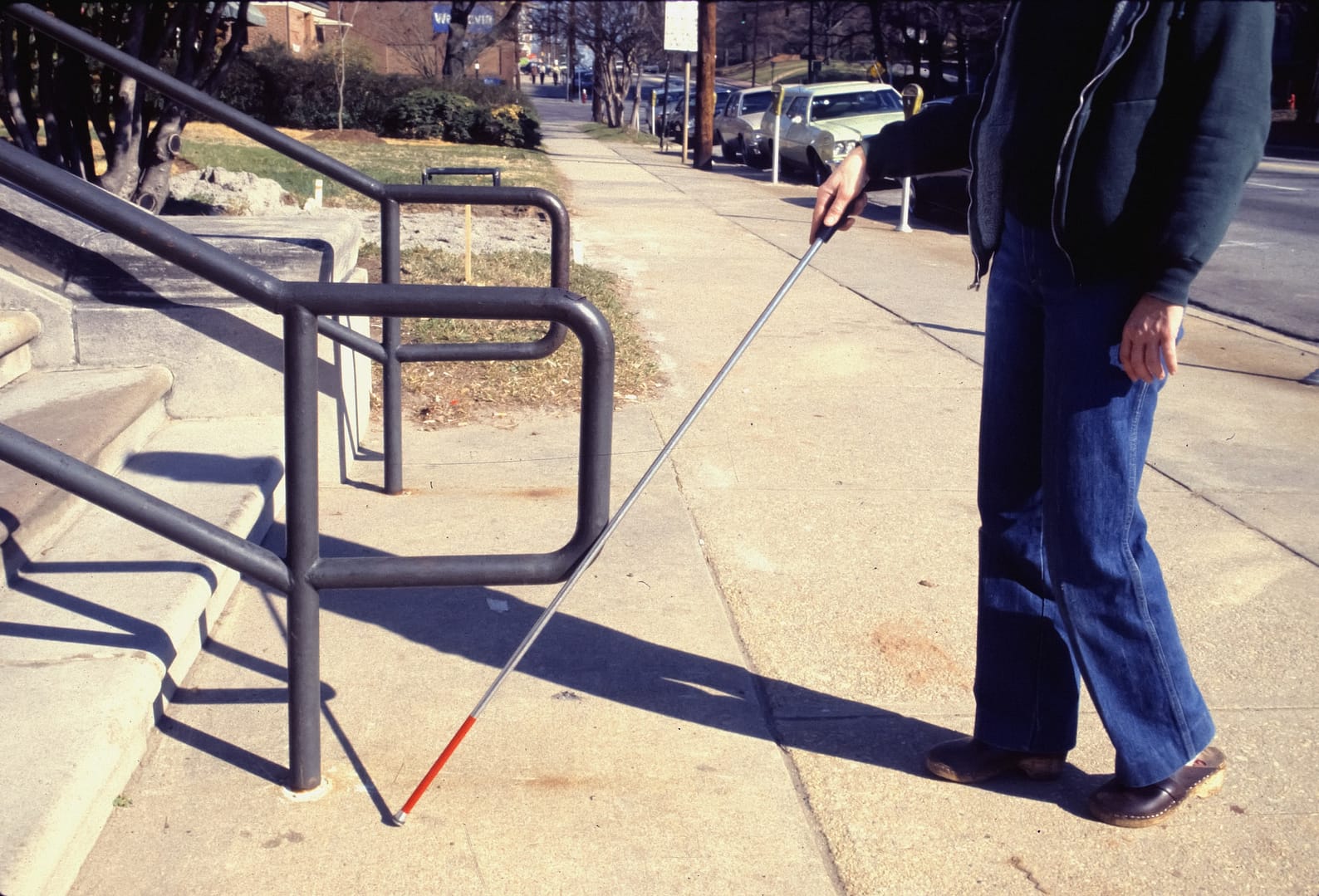Accessibility and Housing Disrepair for People with Disabilities is a critical issue that affects millions of people around the world. Individuals with disabilities face numerous challenges, one of which is accessing suitable and comfortable housing. Housing disrepair is a term used to describe any damage to a property that can negatively impact a person’s health and safety. In this article, we will delve into how disability affects housing, what reasonable adjustments are available for people with disabilities, and the rights to accessible and adaptable housing.
Disability and Accessible Housing
Individuals with disabilities face several challenges when it comes to finding suitable and accessible housing. These challenges are often due to the lack of consideration for their specific needs. Disabilities can affect your mobility, sight, hearing, and cognitive abilities, making it challenging to live in a standard home.
For instance, people with mobility impairments may require extra space to maneuver their wheelchairs or walking aids. Others may need specific lighting or visual cues to assist with their visual impairments.
As a result, landlords and property managers must make reasonable adjustments to ensure their properties are accessible to people with disabilities. Reasonable adjustments are changes made to a property that allow people with disabilities to live comfortably and safely. Examples of reasonable adjustments include installing grab rails, lowering light switches, and widening doorways to accommodate wheelchair users.
It is important to learn more about your rights to accessible housing. You can learn more about your rights here.
The Equality Act
The law also recognizes that people with disabilities have the right to accessible and adaptable housing. The Equality Act 2010 in the UK requires landlords and property managers to make reasonable adjustments to their properties to ensure they are accessible to people with disabilities.
Unfortunately, not all landlords and property managers comply with these laws, leading to housing disrepair for people with disabilities. Housing disrepair can range from minor issues such as broken tiles to major defects like mould and dampness. These defects can negatively affect a person’s health, respiratory problems and causing skin irritations.
In situations where a landlord fails to make reasonable adjustments or address housing disrepair, tenants with disabilities can take legal action. Tenants have the right to report any disrepair issues to their local authority or seek legal guidance from a housing lawyer. In severe cases, tenants may be entitled to compensation for any harm caused by the disrepair.
Housing Disrepair Compensation
When a landlord fails to make reasonable adjustments or address housing disrepair, tenants with disabilities may be entitled to compensation. Compensation can include damages for physical injury, loss of enjoyment of the property, and inconvenience. However, it is crucial to seek legal guidance from us at National Claims. Our claims specialists can help guide you through your claims process.
Note: You can only make a claim if you are currently living in social housing.
Landlord Obligations for Disabled Tenants
Landlords have a legal obligation to make reasonable adjustments to their properties to accommodate disabled tenants. These adjustments may include installing grab rails, widening doorways, and lowering light switches. Failure to make these adjustments can result in legal action and compensation claims.
Disability Housing Needs
Individuals with disabilities have unique housing needs that must be considered when looking for suitable accommodation. For instance, people with mobility impairments may require a ground-floor apartment or a property with an elevator. Others may need specific lighting or visual cues to assist with their visual impairments. It is crucial for landlords and property managers to be aware of these needs and make the necessary adjustments to their properties.

Challenging a Landlord’s Refusal to Consent to Adaptations
When a tenant with disabilities requests adaptations to their home, landlords have a legal obligation to consider and respond to these requests. However, there may be instances where landlords refuse to consent to the requested adaptations, citing reasons such as cost, safety concerns, or damage to the property’s structure. In such cases, tenants have the right to challenge their landlord’s refusal to consent to adaptations.
One way to challenge a refusal is to seek mediation or arbitration to resolve the issue. This approach involves a neutral third party who helps both parties come to an agreement. If this approach fails, tenants may consider filing a complaint with their local authority or pursuing legal action. The law recognizes that landlords have an obligation to make reasonable adjustments to their properties, and tenants have the right to seek redress if this obligation is not met.
In conclusion, challenging a landlord’s refusal to consent to adaptations is an essential aspect of ensuring that people with disabilities have equal access to suitable and comfortable housing. It is crucial for tenants to be aware of their legal rights and to seek legal guidance when necessary to ensure that their rights are protected. By working together, we can create a more inclusive and accessible society for everyone.
Conclusion
Housing Disrepair for People with Disabilities is a critical issue that affects millions of people worldwide. People with disabilities face numerous challenges when it comes to accessing suitable and comfortable housing. The law recognizes that people with disabilities have the right to accessible and adaptable housing, and landlords have an obligation to make reasonable adjustments to their properties.
When landlords fail to meet these obligations, tenants have the right to take legal action and seek compensation. It is crucial for us to continue to raise awareness about this issue and work towards creating a more inclusive and accessible society for everyone.
Housing disrepair is a difficult situation to deal with for everyone. Contact National Claims today to find out more about how we can help you with your housing disrepair claim.
Click below to see why we are one of the most trusted claims management companies in the UK.





